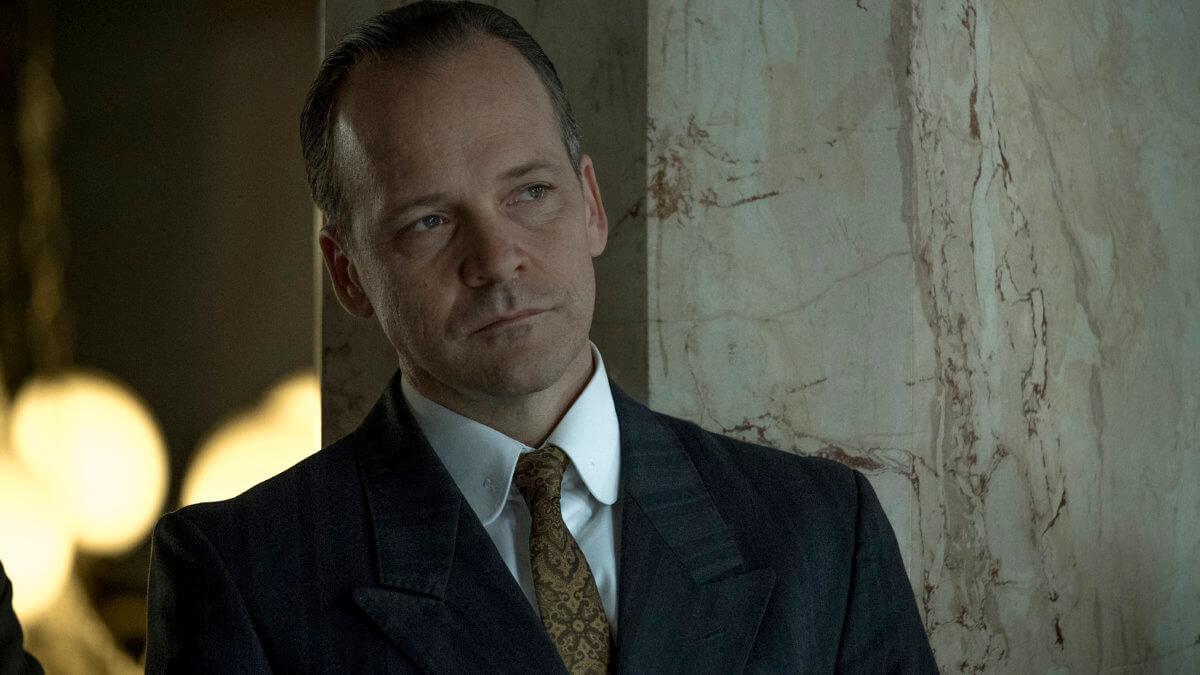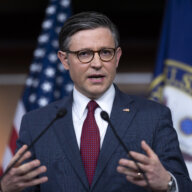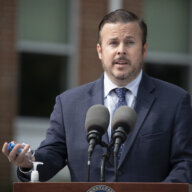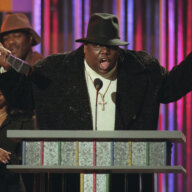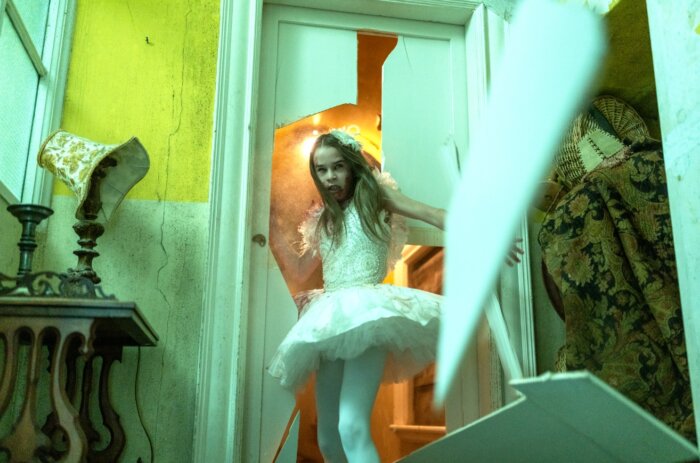You would think that when something terrible happens, the world should find out about it. Now, history has taught us that is not always the case, but it still is a bit jaw-dropping when learning about horrible acts, specifically a genocide that happened and virtually no one quite remembers how, why or when it occurred.
In Agnieszka Holland’s film, “Mr. Jones,” viewers get a front row seat to a ghastly moment in European history uncovered by journalist Gareth Jones [James Norton] in 1933. That year, the Welsh journalist traveled to the Soviet Union and began digging into the Holodomor, a manmade famine in Ukraine where millions of people died, yet nothing was ever really said about it. Much of that ignorance was fueled by Walter Duranty [Peter Sarsgaard], a journalist who served as the Moscow Bureau Chief of The New York Times for over a decade following the Bolshevik victory in the Russian Civil War under Joseph Stalin. His ties to Stalin are what Sarsgaard says fueled his turn-the-cheek attitude.
Sarsgaard sat down with Metro to discuss what went into making “Mr. Jones” and dive more into how he hopes this film helps “embolden those who are already in the fight for the truth.”
What was it that initially drew you to want to sign on with “Mr. Jones?”
The director, Agnieszka Holland, she’s someone that I’ve admired for a long time both as an artist and as her own kind of radical. She’s somebody who’s always spoken truth to power and I really admire that.
Since you had wanted to for some time, how was it working with Agnieszka Holland? What was your experience like?
You know, I’ve worked with directors I admired before in environments where they were just empowered—and it actually really sucks to watch your hero not have a foothold. But I was working with Agnieszka in Poland in the town where the film school is, so a lot of the people working on set were people that really looked up to her as a mentor. She just had such easy command of this crew that had such enormous respect for her. I always say when young actors ask me for advice about acting: Have a point of view and then create the dance floor for yourself—or you can act it, because no one is going to lead you to the dance floor, they just expect you to come up with it. Sometimes you have to like elbow people out of the way to give yourself time, space and everything to be able to do it [and] obviously, you have to have a point of view to create all that space, which I think people do and then have nothing to say, so that’s sort of the combination. But Agnieszka really does the dance floor part for you, she comes in and she’s like everyone quiet, everyone still, let Peter work this out, we have the time to do it. It really always felt like we had so much time and we didn’t—it’s not a huge movie, its not like we had an enormous amount of time, but she acted like we had time. Usually, on a movie that doesn’t have a lot of money to shoot stuff, it’s all rush, rush, rush and you kind of have to make that dance floor really quickly and find out what you want to do really quickly and go with your impulse, and this [film] was really a great ride and what I had hoped for.
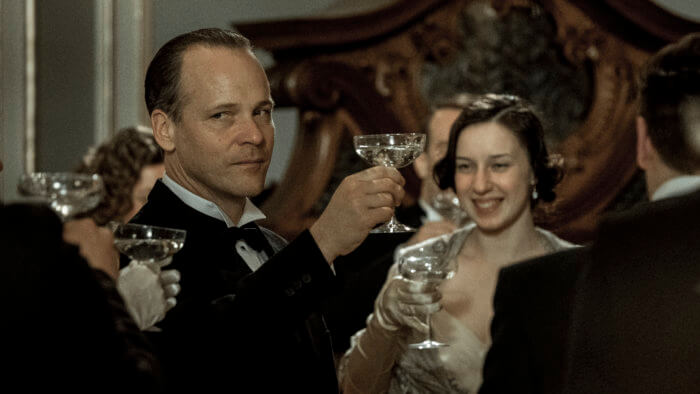
This particular time in history, I didn’t know much about before watching the film. Were you familiar at all? Did you do research on your own?
I didn’t know about the genocide—that’s a big one, millions of people kind of intentionally starved to death in Ukraine. It’s kind of astonishing how little we know about it, it’s almost like Duranty succeeded, you know? If you went around and took a poll to see how many Americans know about this, I think it would be pretty astonishing how little they do. And yet, everybody remembers Stalin. I read this book called ‘Stalin’s Apologist,’ which is actually a really great read and kind of thumbs through some of his [Duranty] sh*tty novels, he wanted to be a novelist. I was [also] doing a press junket for ‘Looming Tower,’ and we were in DC and I was asking journalists as I got interviewed if they knew who he was, and only some did. Then I asked a few journalists that knew about him who were knowledgeable, and they gave me some good information. It’s interesting to see how he is remembered by journalists.
Jumping to your character specifically, how would you describe Walter Duranty?
A bohemian artist, but a wannabe artist. I think he is somebody who is a real appreciator of the arts, but I should clarify, really not an artist himself. So, I think he always was a journalist, had that job, knew the people he surrounded himself with and they were all artist-types. I don’t think he was particularly ideological, I don’t think he helped Stalin in his own way cover this up for ideological reasons [and] I don’t think it was because he was a Stalinist. I think it was because he was living in Moscow, he had a child with a Russian woman, and his access to Stalin hinged on him toeing a certain line, which he did. His access to his own child, which he wouldn’t have been able to take with him without taking the mother which would have been very complicated hinged on him toeing the line. So he quite easily had a nice paycheck, had a nice house, people came, smoked opium, you know. He put his head in the sand, knew something was going on but thought no way we can actually report on it. He probably didn’t know the full scope of it, but maybe he did.
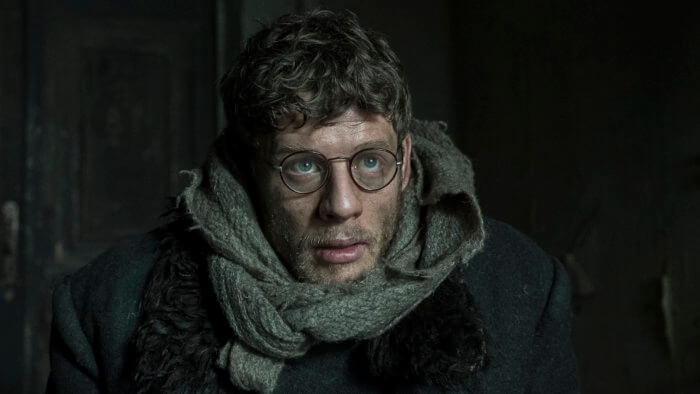
As said before, a lot of people don’t really know this part of history, and some who do even say that it’s fake. What are your thoughts on trying to bring this piece of history alive and bring awareness to this terrible genocide for people?
My experience with people that think something is fake or didn’t happen with such a massive thing like this or the Holocaust—or even now, I happen to know a few people who think that the virus is not real and that it’s a construction of the media—there will always be those people. You cannot convince them. I would actually say the more you try to convince them, the more dug in they become. So, only if they find in their own self-interest to believe can they be convinced to believe. I’m sure there will be many people who don’t take a vaccine should one come out for this virus. They don’t believe in vaccines and they don’t believe in viruses even though there are people who studied these things who know better than they do. They’ll say it’s the big drug companies making money or whatever, they just can’t be convinced. So in a way, it’s more for people like me who need to be reminded how often this happens over and over and over. I’ve got the Holocaust and WWII pretty firmly in my head, I know it happened, I’ve been to Auschwitz—I went actually when I was shooting this film. When I was there, there were some right-wing people protesting who think it’s a construction and all this bullsh*t, or are like, “Why do we have to keep it there?” At the same time, there are these Israeli kids who go as part of their education to remember. So, I’m glad I now know about the Ukrainian Genocide and I’m glad that I now know that people like Gareth Jones lived and sacrificed their lives for me to know. It’s to embolden those who are already in the fight for the truth.
Mr. Jones was released digitally and will hit VOD July 3.



